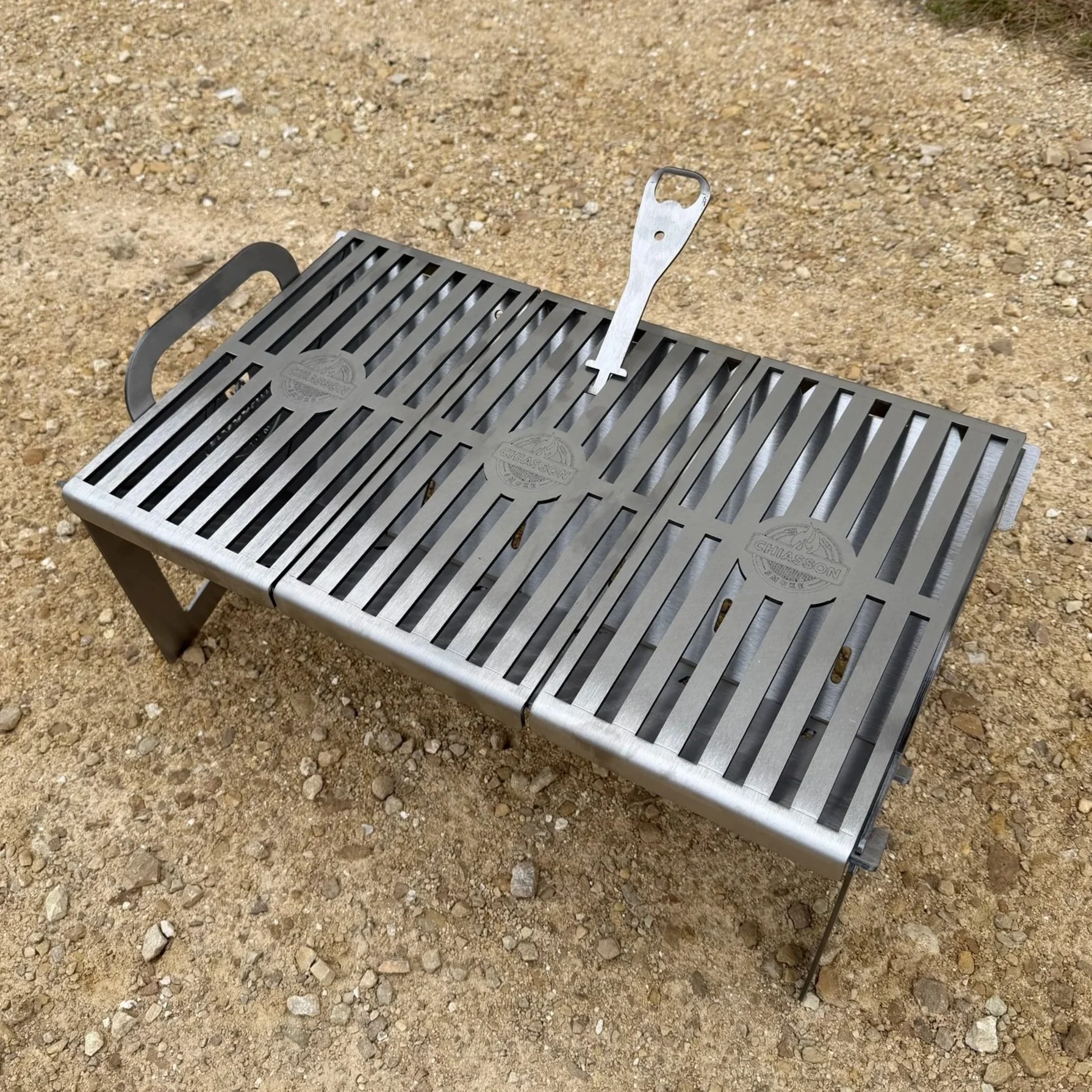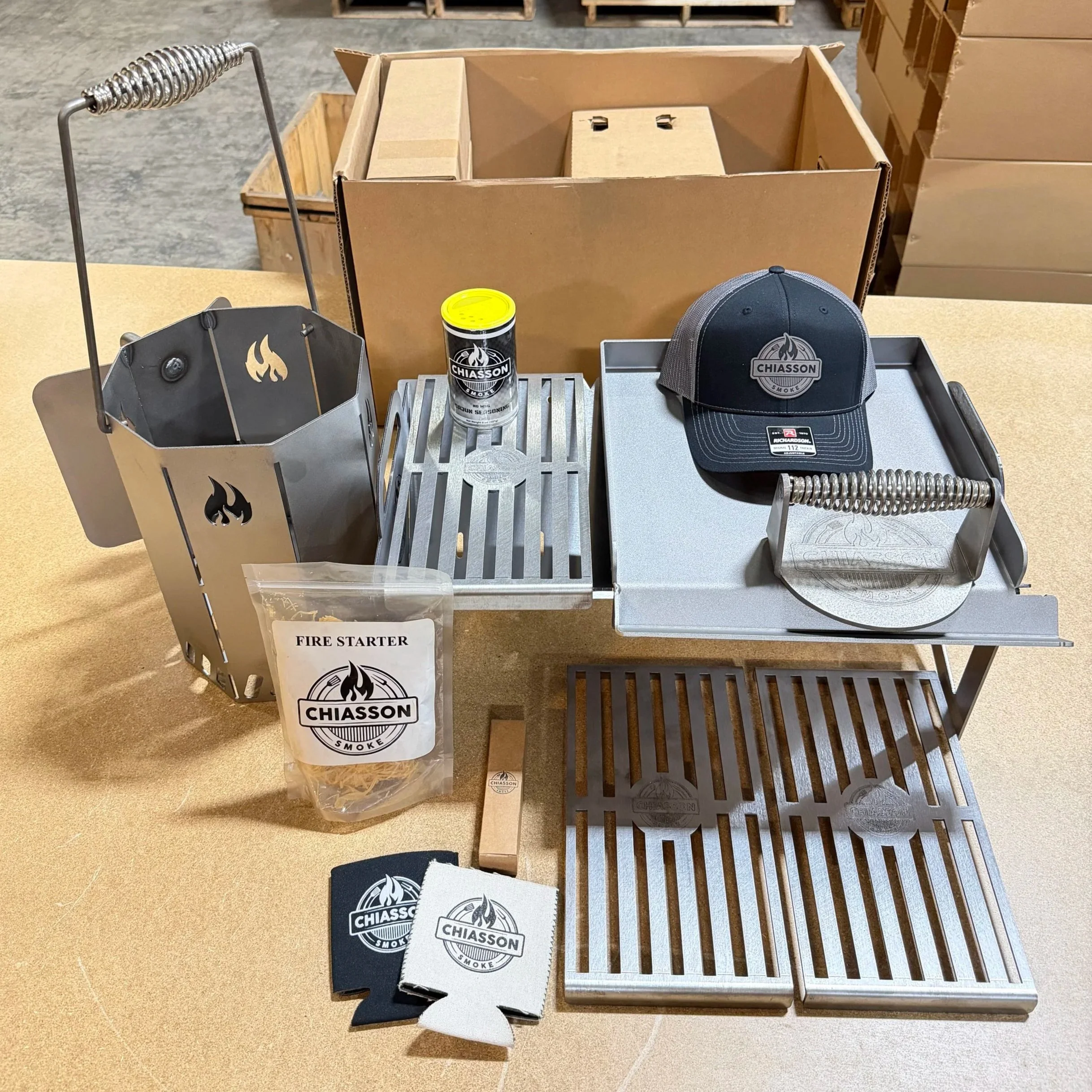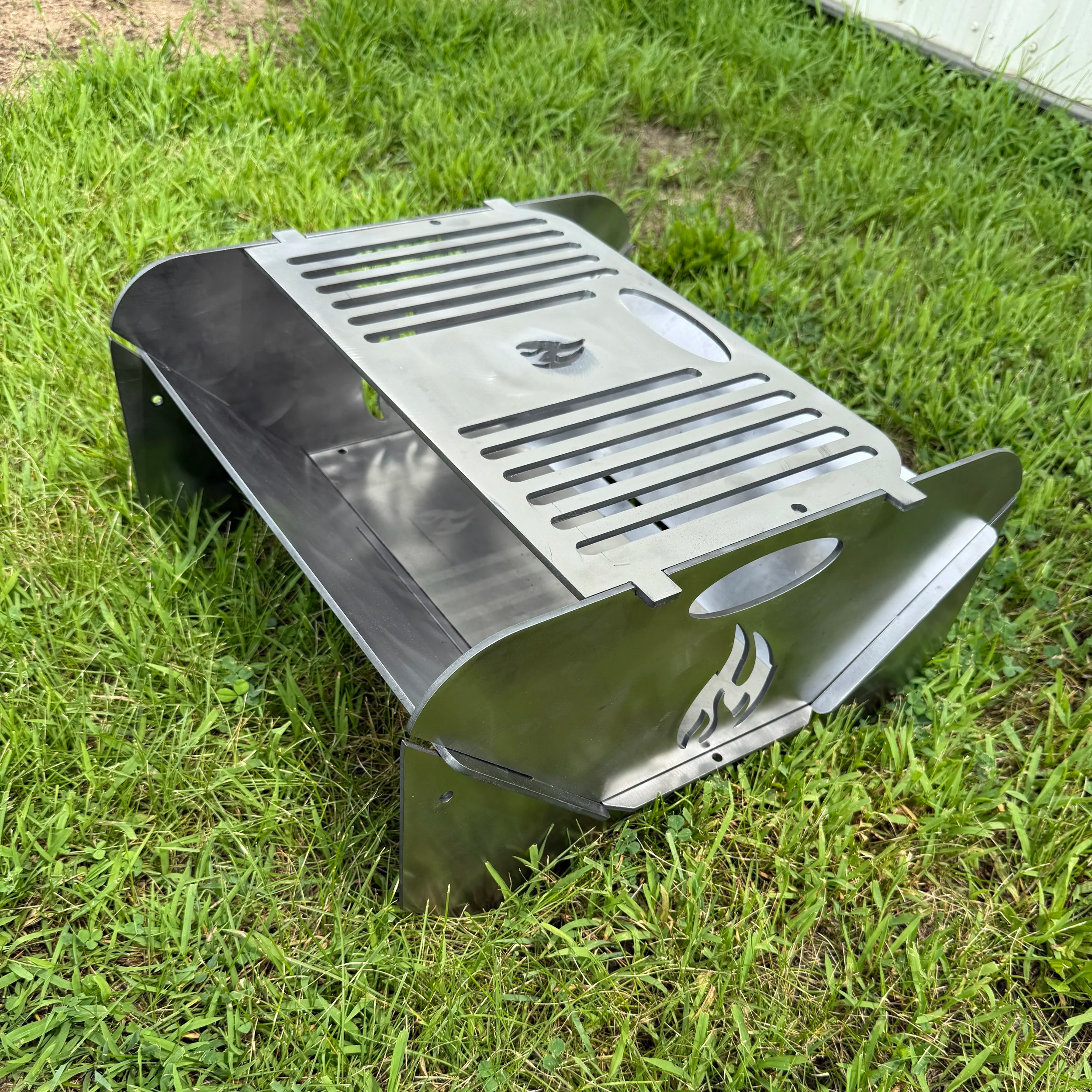6 Tips For Camping on a Budget
Camping doesn’t have to be expensive. In fact, one of the best things about camping is how simple it can be. Fresh air, open skies, and a crackling fire don’t cost much at all. But if you’ve ever walked down the aisles of an outdoor store, you know that gear prices can sometimes make your jaw drop. Tents that cost as much as a month’s rent? Lanterns that look more like spacecraft than lights? No thanks.
The truth is, you don’t need to empty your wallet to enjoy a great camping trip. With a little creativity and smart planning, you can enjoy the beauty of the outdoors without stressing about money. These six tips will help you keep costs low while still having an amazing adventure.
1. Choose the Right Campground
Not all campsites are created equal, and prices can vary a lot. Private campgrounds often come with extras like swimming pools, Wi-Fi, or even mini golf. Fun? Sure. But necessary? Not really. Public campgrounds—especially those run by state or national parks—are usually cheaper, and they often put you right in the middle of the best scenery.
If you’re really on a budget, consider free camping options. Some forests and wilderness areas allow what’s called “dispersed camping,” where you can set up your tent for free as long as you follow the rules. These rules usually include things like camping a certain distance from water sources and packing out all your trash. It’s a little more rustic, but that’s part of the fun.
Another trick: avoid peak season. Campgrounds often raise prices during summer and holiday weekends. If you can plan your trip in the spring or fall, you’ll not only save money but also dodge the crowds.
2. Borrow or Buy Secondhand Gear
Fancy gear can eat up your budget faster than marshmallows disappear around a campfire. But here’s the secret: you don’t need brand-new equipment to enjoy the outdoors. Borrowing gear from friends or family is a great place to start. Many people have a tent, sleeping bags, or a cooler sitting in their garage, just waiting to be used.
If borrowing isn’t an option, try looking for used gear. Thrift stores, garage sales, and online marketplaces often have outdoor equipment for a fraction of the original price. Sometimes you’ll even find items that were barely used. Think of it like treasure hunting—only the prize is a tent instead of gold coins.
One more tip: before you spend money, figure out what you actually need. You don’t need a high-tech hiking stove if you’re happy cooking over the fire or using a rocket stove– and hey, it’s a lot more fun that way too!
If you do have some cash to spend, you can buy a high quality rocket stove or portable fire pit that lasts a very long time, which will actually save you money in the long run.
3. Plan Your Meals Wisely
Food can be one of the sneakiest expenses on a camping trip. Buying pre-packaged camping meals adds up quickly, and stopping at restaurants while traveling to your campsite drains your wallet even faster. The solution? Plan and prep your meals and snacks ahead of time.
Simple foods like pasta, rice, beans, and oatmeal are cheap, filling, and easy to pack. Sandwiches and wraps make great lunches, and hot dogs or foil packet dinners are camping classics. You can even prep ingredients at home—chop vegetables, marinate chicken, or measure out spices—so that cooking at camp is fast and stress-free. (We’ve even compiled a list of 5 easy meals to cook on a rocket stove!)
Another budget saver is bringing snacks from home. Trail mix, granola bars, or even a bag of popcorn costs way less at the grocery store than it does at a convenience shop near the campground.
And don’t forget about drinks. Buying bottled water is both expensive and wasteful. Instead, bring a big reusable water jug and refill it at the campground. Many parks also have clean water sources, so you’ll never run dry.
4. Keep Entertainment Simple
When you’re camping, nature is the entertainment. The stars, the sound of the wind through the trees, the glow of the fire—it’s all right there for free. You don’t need to buy fancy gear to keep yourself busy.
Bring a deck of cards, a frisbee, or a book you’ve been meaning to read. None of these cost much, and they’ll keep you entertained during downtime. Hiking, swimming, fishing, or exploring nearby trails usually comes at no extra cost beyond your campsite fee.
If you’re camping with kids, nature scavenger hunts are a fun, free way to keep them engaged. Make a list of things to spot: a pinecone, a bird feather, a smooth rock. They’ll be busy exploring while you relax by the fire.
Music is another great budget-friendly option. Bring a small portable speaker if you want, but honestly, nothing beats a sing-along around the fire. It doesn’t cost a dime, and it creates memories you’ll talk about for years.
5. Pack Smart and Reuse What You Have
One of the easiest ways to overspend on camping is forgetting to pack something and then running to the nearest store. A “quick stop” often turns into buying more than you need at inflated prices. The fix? Make a checklist and pack ahead of time.
Before you buy new gear, look around your house. That old blanket in the closet can work as an extra layer on chilly nights. Mason jars can hold snacks or even double as cups. A basic pot or pan from your kitchen works fine on a camping stove or fire. You don’t need to replace everyday items with “camping versions” unless you really want to.
Also, think reusable. Instead of buying paper plates, bring lightweight plastic or metal ones that you can wash and use again. The same goes for utensils and cups. Not only will this save you money in the long run, but it’s also kinder to the environment.
To safe money on propane or electricity, you should strongly consider investing in a rocket stove. They can cook entire meals with just scrap wood and twigs– and a high quality one will last you a very long time.
6. Travel Light and Share Costs
Gas and travel expenses can eat into your budget just as much as gear or food. One smart way to save is to camp closer to home. You don’t need to drive hundreds of miles to have a great adventure—sometimes the best campsites are only an hour or two away.
If you’re going with friends or family, consider carpooling and splitting costs. Sharing gas, campsite fees, and even meal duties makes camping cheaper and more fun. Plus, everything feels lighter when the load is shared.
Another tip is to keep your packing simple. The more stuff you bring, the more you’ll spend on gear, food, and fuel to haul it around. Travel light, and you’ll spend less while enjoying the freedom that comes with simplicity.
Final Thoughts
Camping on a budget isn’t about cutting corners—it’s about focusing on what really matters. At the end of the day, it’s not the price tag on your tent or the brand of your sleeping bag that makes a trip memorable. It’s the laughter around the campfire, the smell of pine in the air, and the quiet moments under the stars.
By choosing affordable campsites, borrowing gear, planning meals, keeping entertainment simple, reusing what you already have, and sharing costs with friends, you’ll not only save money—you’ll also discover that some of the best camping experiences are the ones that cost the least.
So pack your bag, grab your marshmallows, and get ready for an adventure that’s both affordable and unforgettable.








